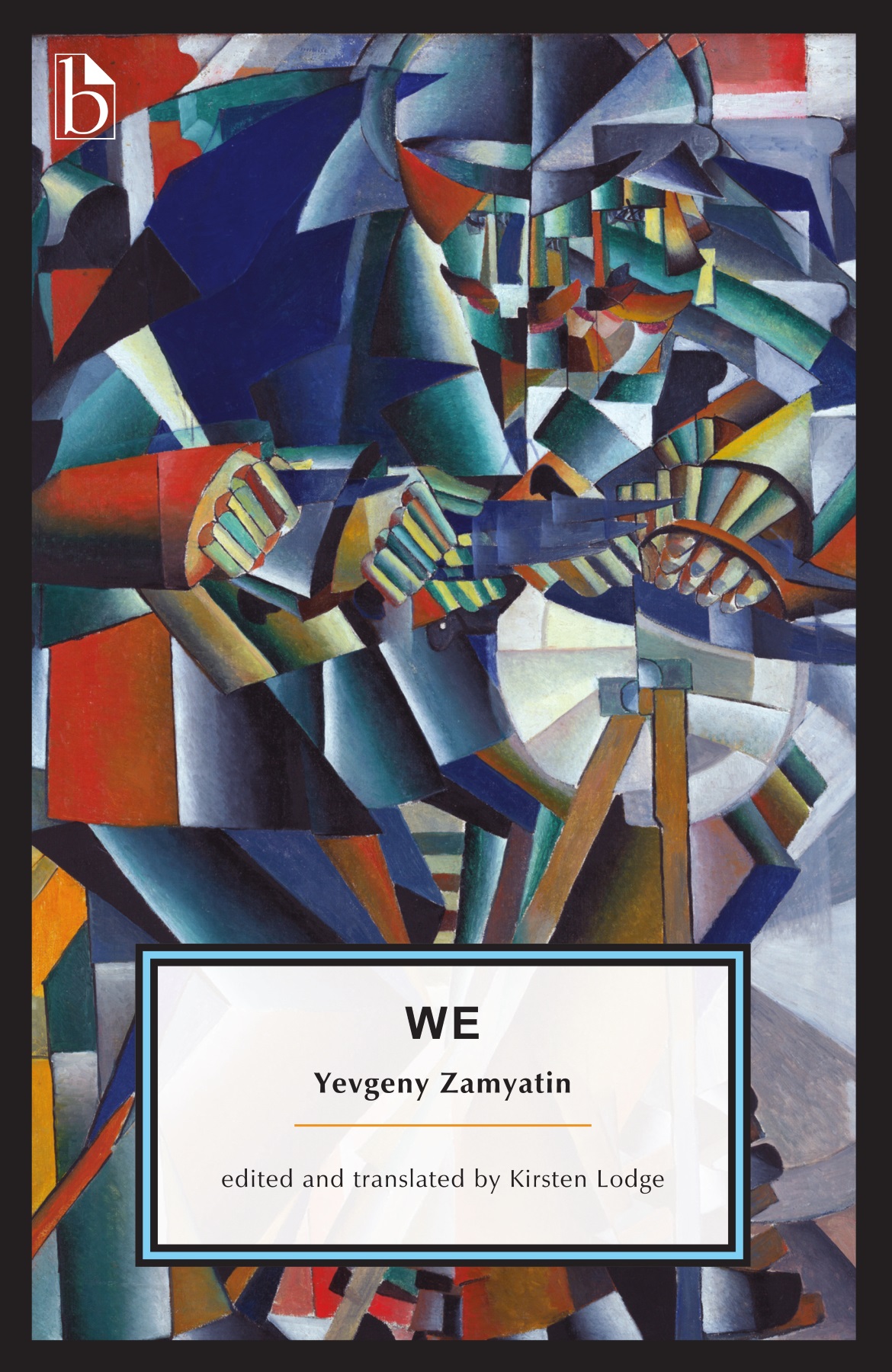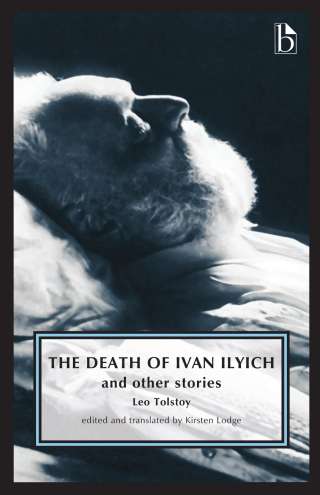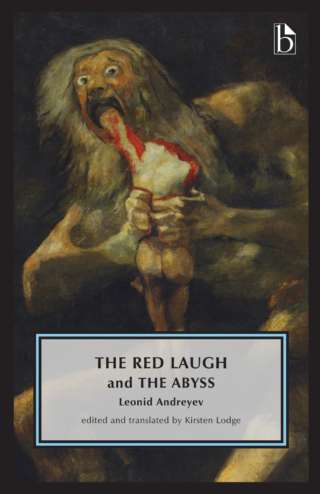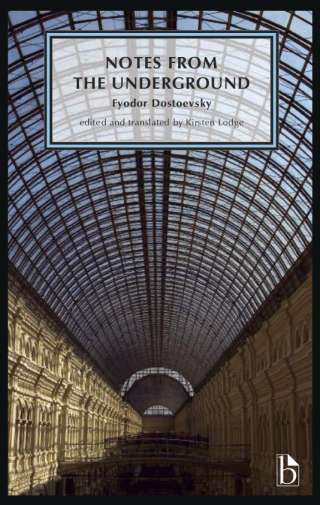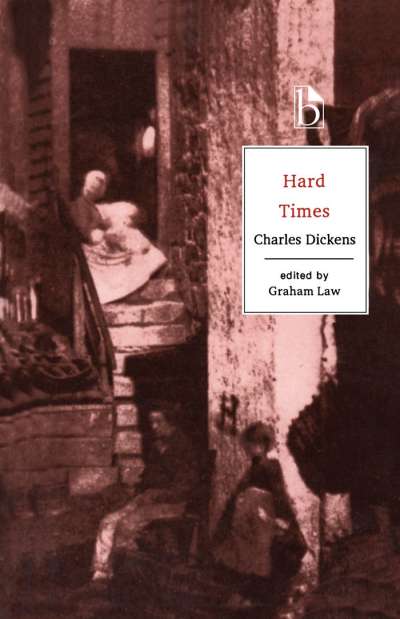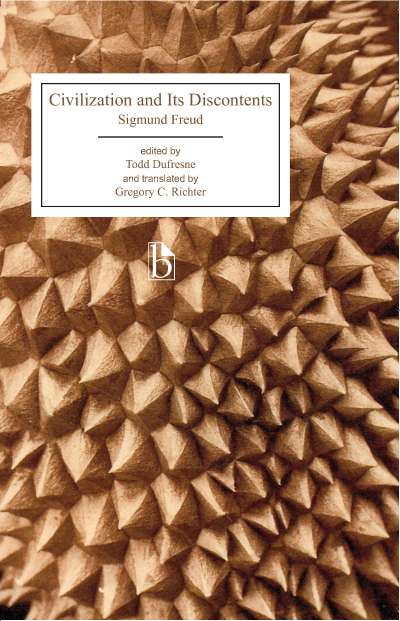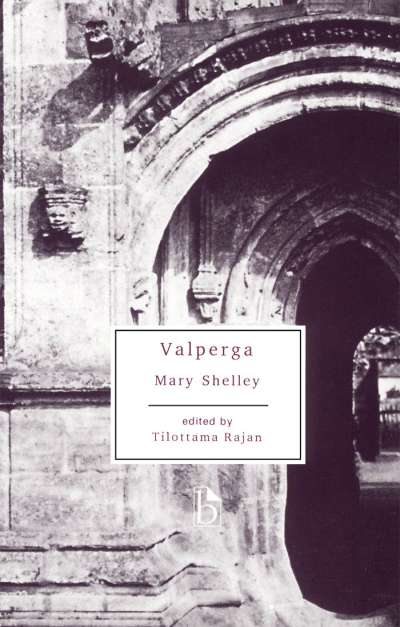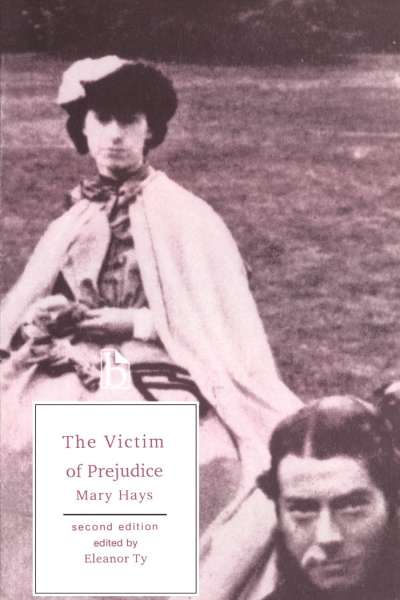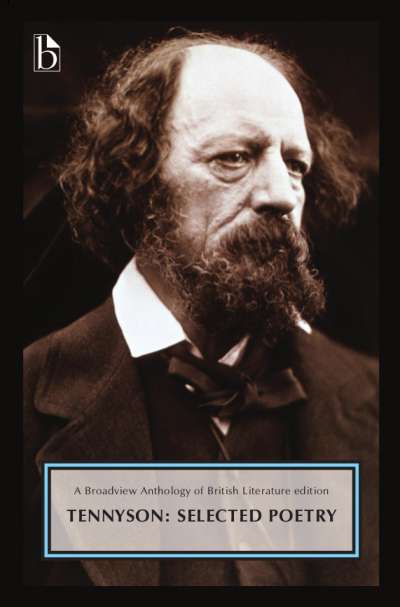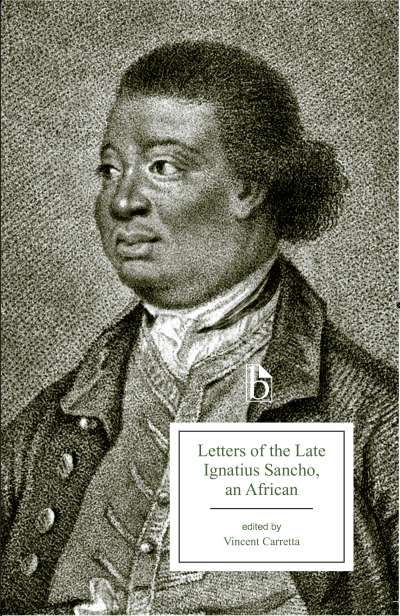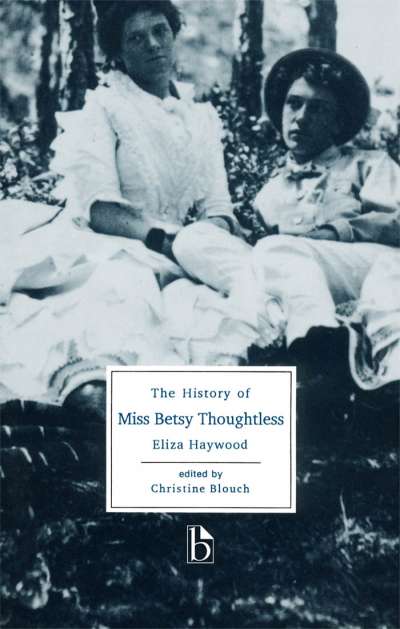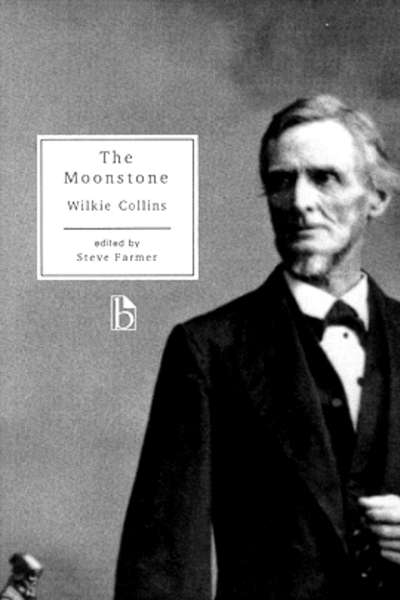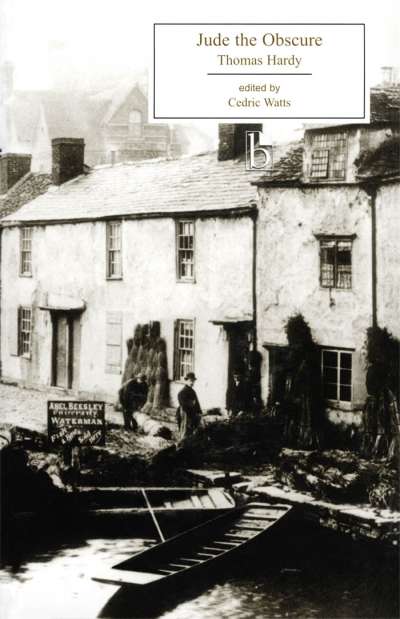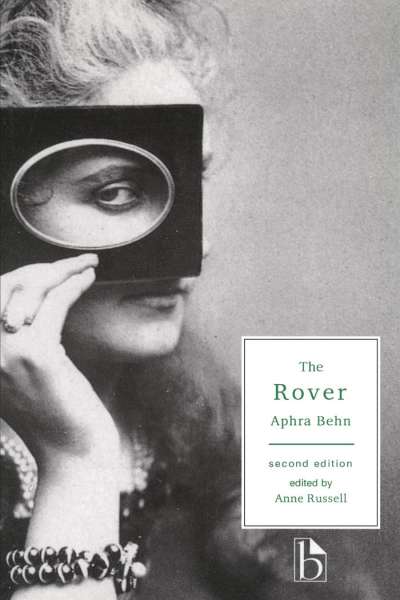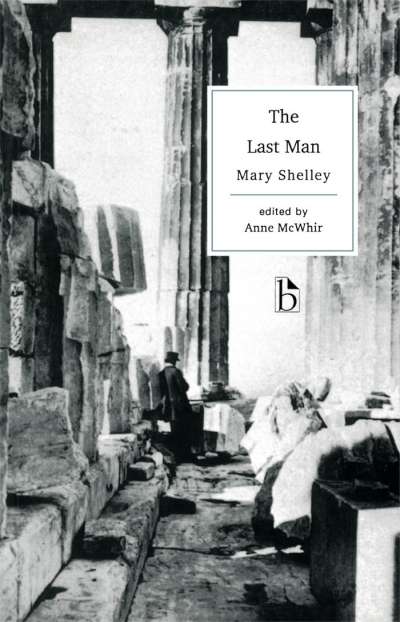Yevgeny Zamyatin’s novel We is one of the great classics of dystopian fiction. Experimental and provocative in both style and content, it was the first major literary work to be banned in the Soviet Union. This critical edition features an entirely new annotated translation, as well as an introduction, contextual materials, and images related to the text.
Comments
“This new translation of Zamyatin’s We is very well done. Kirsten Lodge has managed very skilfully to produce a readable version of a novel that is in parts deliberately jerky and elliptical in the original; she has found imaginative solutions to the various tricky problems that the text presents. … The introduction and the contextual materials are also useful; this is an edition that introduces the reader to the artistic and historical context as well as to the text itself.” — J.A.E. Curtis, University of Oxford
“Kirsten Lodge’s new edition of Zamyatin’s We is ideal for the classroom: an excellent new translation accompanied by carefully chosen readings and images that place the novel within its proper context.” — Eliot Borenstein, New York University
“Kirsten Lodge has created a teacher’s dream: a definitive English-language edition of Zamyatin’s We that also includes the key texts—literary, political, philosophical, and industrial—to which Zamyatin was responding in this seminal dystopian novel. Lodge’s informative, accessible introduction provides just the right amount of context, explaining how the novel came to be, why it was so groundbreaking, and how it has inspired other dystopian authors from Orwell to Atwood. Lay readers will enjoy delving deeper into the significance of the novel, and teachers will rejoice to have these resources at their students’ fingertips in Lodge’s vivid, readable translations. I look forward to assigning this book in my classes.” — Rebecca Stanton, Barnard College
“For years I have taught these classic Russian texts [Tolstoy’s The Death of Ivan Ilyich, Dostoyevsky’s Notes from the Underground, and Zamyatin’s We] to students with little or no knowledge of Russian language or culture. In addition to providing clear, readable translations of the texts themselves, Lodge’s editions provide critical apparatus—introductions, notes, secondary texts, and images—that have made these stories much more accessible to my students. Contextual material that I have long had to put in handouts and powerpoints is now conveniently included in the text itself. These are certainly the most teachable editions of these texts currently available.” — Chad Engbers, Calvin University

